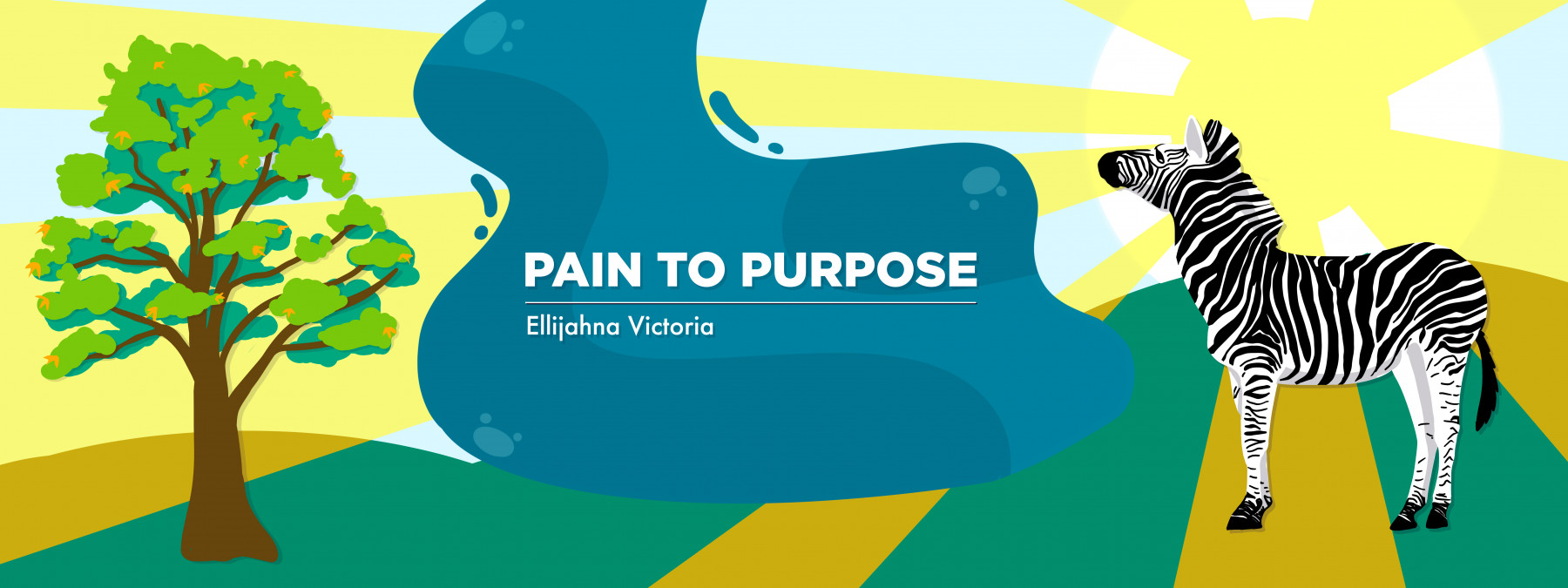Reconciling Faith and Illness: How Cushing’s Turned My Pain Into Purpose
Written by |

My grandma always said there were two things that mattered in life: God, and finding a rich husband. While I don’t necessarily agree with the latter, religion certainly was a core element of my life — until I was diagnosed with Cushing’s disease.
I grew up in a strong Pentecostal family. And until a few years ago, every night we’d hold a one-to-two-hour family prayer session, thanking God for all our blessings and praying for miracles for whatever tribulation we were facing at the time. It was during these nightly gatherings that I would also get lectured on Christian values and how I should behave to avoid the wrath of God. This included sickness in the body. The concept of “bad things still happen to good people” didn’t exist for us, as we were taught that the “bad thing” happening was a result of something we or our ancestors did.
Finding out I was sick threw my faith into turmoil. I knew I wasn’t a saint, but I’d tried to keep on the straight and narrow as much as I could. My mind raced to pinpoint the root cause of this “curse.” Perhaps it was punishment for stealing my aunt’s mechanical pencil when I was in primary school, or for all the times I pretended to be sick to get out of school.
I would then be told that I needed to “pray more” or that I “wasn’t praying hard enough,” so I thought maybe it was my lack of discipline and faith that prevented my miracle healing. There was no one to blame but myself.
It took a while for me to realize that blaming myself for being sick was ridiculous, but that realization only presented a bigger dilemma. How do I reconcile a “good God” with one who lets people suffer? I’d gone to church every Sunday, consistently tithed 10% of my earnings (even when my financial situation was dire), and was heavily involved on the volunteer team at church. I thought I’d done everything right. This only made me resent God and the church.
For a long time, I continued to rock up to church, smiling, telling people “The bigger the problem, the bigger the testimony” without actually believing it. I told the same line to anyone I met outside of church, too. I was trying to be strong for them, show them that my faith was bigger than it was.
Occasionally I would ask for prayer from anyone who offered it, and in those moments I would cry. But I’ve never been good at showing vulnerability, so it wouldn’t be long until I reverted to my usual “everything is OK” self. In hindsight, those in my church community who continued to pray for me are probably at the top of my list of people to thank. I didn’t know it back then, but it was their faith that kept me going. If they could believe in my healing, so could I.
When I decided to start sharing about my experience living with Cushing’s disease on social media, people from around the globe who were on similar journeys reached out to me. It was then that it all clicked: My suffering had a greater purpose. And having Cushing’s disease wasn’t a curse, but a blessing.
I’d been so focused on how I felt that I didn’t even see how my show of strength — and vulnerability — became someone else’s survival guide. I’d given them hope. In one instance, it even stopped a person from taking their own life. I believe this was why God allowed illness to happen to me: I was strong enough to overcome it, and now I could help others overcome it, too.
It wasn’t the way I’d imagined my life would pan out. But in the end, my pain and suffering have not only made me a better person, but they’ve also given me a platform to make a difference.
And if you’re wondering, my faith has never been stronger than it is now.
Note: Cushing’s Disease News is strictly a news and information website about the disease. It does not provide medical advice, diagnosis, or treatment. This content is not intended to be a substitute for professional medical advice, diagnosis, or treatment. Always seek the advice of your physician or other qualified health provider with any questions you may have regarding a medical condition. Never disregard professional medical advice or delay in seeking it because of something you have read on this website. The opinions expressed in this column are not those of Cushing’s Disease News or its parent company, Bionews, and are intended to spark discussion about issues pertaining to Cushing’s.







Leave a comment
Fill in the required fields to post. Your email address will not be published.